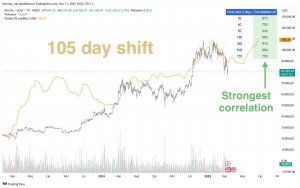The Long Resignation
The “Great Resignation” didn’t disappear. It adapted.

This article is a part of a series based on our Annual Strategic Report, The Future Is Gig. Download the report here.

The “Great Resignation” phenomenon, characterized by record rates of job quitting during the Covid-19 pandemic, has led to a significant shift in the employee mindset, fostering a more independent approach to work. Factors such as return-to-office mandates, attractive job offers, and a desire for better work-life balance have contributed to this trend.
The pandemic also brought to light mental health concerns, which preceded many resignations, indicating a prioritization of personal well-being and fulfillment. While the “Great Resignation” was initially driven by the unique circumstances of the pandemic, it has accelerated a long-term trend of rising quit rates, reflecting a broader shift towards individuals reevaluating their career choices and seeking greater autonomy and satisfaction in their work.

The majority of workers who quit their jobs in 2021 cited reasons such as low pay, lack of opportunities for advancement, and feeling disrespected, underscoring a growing emphasis on individual fulfillment and professional growth.
This trend has implications for employers, who are now tasked with reimagining work arrangements and addressing the evolving expectations of their workforce to foster a more sustainable and mutually beneficial employee-employer relationship.






